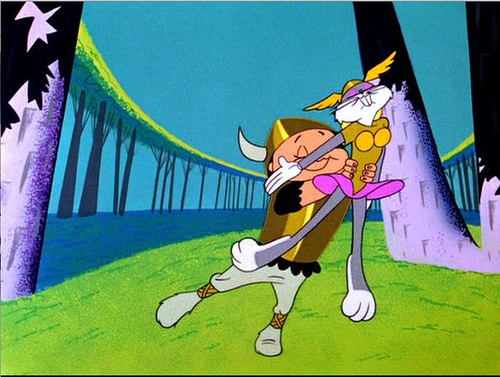I missed blogging last week, but in my defense, I had a baby last Tuesday...so I was a bit preoccupied. In short, at 3:34pm I was blessed with my second son, Haydn Mykel, who was born a healthy 7 lbs 14 oz and 22 in. And when I say that I was blessed, I mean it in more ways than one. For instance, he pretty much already sleeps through the night, or he would if I didn't wake him up to feed him every four hours. This means I am still getting a full night of sleep because my first son, Marcus Aurelius (yes, I did do that to him...his history teachers will think it's a cool name even if no one else does), also seems unaffected, at least in terms of his sleep schedule, by the new family addition.
So this brings me to today's short blog. Your personal well-being is essential to your flute playing. A slightly scratchy throat will make your tone seem a little off. A common cold can make breathing seem like a chore. And if you don't get enough sleep, eat right, drink water, and have some sort of exercise or active lifestyle, it will impact your playing. Having Haydn and having even more things to consider in relation to my health has made me remember how important it is for me to take care of myself (not only for my flute playing, but if mommy isn't taken care of, how can she take care of babies?).
You don't have to go crazy and you certainly shouldn't start adding so many things to your daily routine that it has the opposite of the desired effect. For example, don't start biking 20 miles a day if you don't plan on biking a marathon. Take a walk to the mailbox or around the block. If you drastically change your routine, you will just be tired and more than likely unable to achieve your desired goals for the day. Stay hydrated and make sure you get the nutrition you need. Skipping a meal to get more work done may seem like the best thing to do at the time, but you might regret it later.
The other side of taking care of yourself is to know when you need a break. At the moment, I am trying to balance a new baby and my schedule. Being the type of person I am, I am trying to act like nothing huge has changed in my life. Last week, I taught as many lessons as I could, kept up my "house-wifery", played in church...the general reaction I got was "You are crazy!! Sit down, you just had a baby!" And my parents, husband, and student's parents were right. I am crazy. While part of me needs to pick up where I left off so I don't fall behind, I need to lay down every so often and just relax. If I run myself into the ground, where will that leave me (despite my good intentions)? What that relates to, in general, is that sometimes you should do something nice for yourself. It can be as simple as just sitting on the couch with a gossip magazine eating an Oreo or two, or going for a hike (or walking around the mall) just to get out of the house and do something you enjoy doing.
It may seem hard to believe, but there is a world, a life, outside of playing flute. :) Make sure you take care of yourself and take the time to enjoy every aspect of your life.






.jpg)

.jpg)
